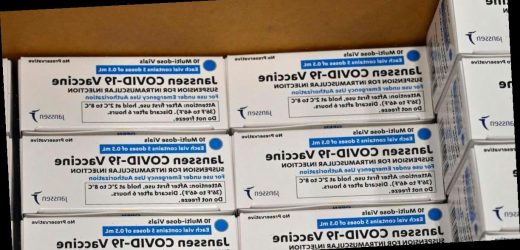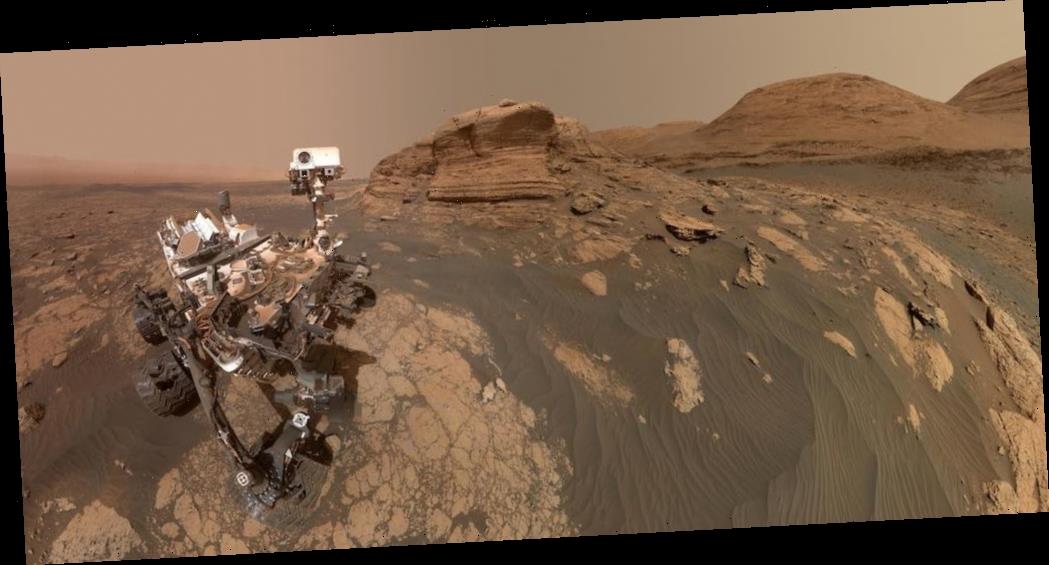- A mixup in a Baltimore factory ruined roughly 15 million Johnson & Johnson doses, the New York Times reported.
- Johnson & Johnson vaccines that were already shipped or used were not impacted, The Times reports.
- See more stories on Insider’s business page.
A mishap at Emergent Biosolutions, a manufacturing plant in Baltimore that produces two separate coronavirus vaccines — Johnson & Johnson and AstraZeneca — has spoiled close to 15 million doses of Johnson & Johnson’s vaccine and has delayed production and shipment schedules for weeks, according to The New York Times.
According to the report, the mixup was due to human error, when workers mixed up the ingredients of the vaccines. The report added that the Food and Drug Administration is investigating the incident, and the mixup means that Johnson & Johnson has halted future shipments of its vaccine.
The mistake does not affect Johnson & Johnson vaccines that have already been delivered. According to the report, federal officials still expect to have enough vaccines to meet President Joe Biden’s promise of every American adult being eligible to receive a vaccine by the end of May.
The facility was expected to produce tens of millions of doses of the Johnson & Johnson vaccine in the coming months.
J&J’s shot won US authorization on February 27. Since then, company executives have repeatedly said they are on track to deliver 20 million doses to the US by the end of March and 100 million doses by the end of June. Overall, J&J aims to produce 1 billion doses in 2021.
J&J did not immediately respond to an Insider request for comment, including if they still expect to meet those commitments.
The company issued a statement on Wednesday evening, which said, “We are pleased we have met our commitment to deliver enough single-shot vaccines by the end of March to enable the full vaccination of more than 20 million people in the United States,” adding that current production rates are, “part of our plan to deliver 100 million single-shot vaccines to the U.S. during the first half of 2021, aiming to deliver those doses by the end of May.”
The statement added, “As with the manufacturing of any complex biologic medication or vaccine, the start-up for a new process includes test runs and quality checks to ensure manufacturing is validated and the end product meets our high-quality standards. This approach includes having dedicated specialists on the ground at the companies that are part of our global manufacturing network to support safety and quality.”
“This quality control process identified one batch of drug substance that did not meet quality standards at Emergent Biosolutions, a site not yet authorized to manufacture drug substance for our COVID-19 vaccine. This batch was never advanced to the filling and finishing stages of our manufacturing process,” the statement added.
According to Politico, US officials confirmed that the mixup took place and would affect future shipments of the J&J vaccine.
The Biden administration reportedly asked J&J to directly supervise vaccine production at the Emergent BioSolutions facility going forward, and Politico reported that having the facility back up to regulatory standards could take days, or even weeks.
The company’s vaccine has been applauded by public health experts for its simple logistics. It’s given as a single dose and can be stored at typical refrigerator temperatures for several months.
Last summer, J&J signed a five-year deal with Emergent BioSolutions, a contract manufacturer, to help boost the production of its COVID-19 vaccine. The first two years of the agreement were valued at $480 million, the companies said.
Emergent is a $5 billion, Maryland-based contract manufacturer that is producing both J&J’s and AstraZeneca’s coronavirus vaccines. To build up its own capacity, the company hired about 700 new workers in 2020, with at least 250 brought aboard for COVID-19 work, according to its latest annual corporate filing. Emergent did not immediately respond to a request for comment from Insider. Its stock was down about 5% Thursday in after-hours trading.
Get the latest coronavirus business & economic impact analysis from Business Insider Intelligence on how COVID-19 is affecting industries.
Source: Read Full Article

